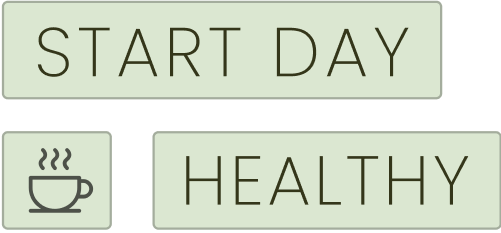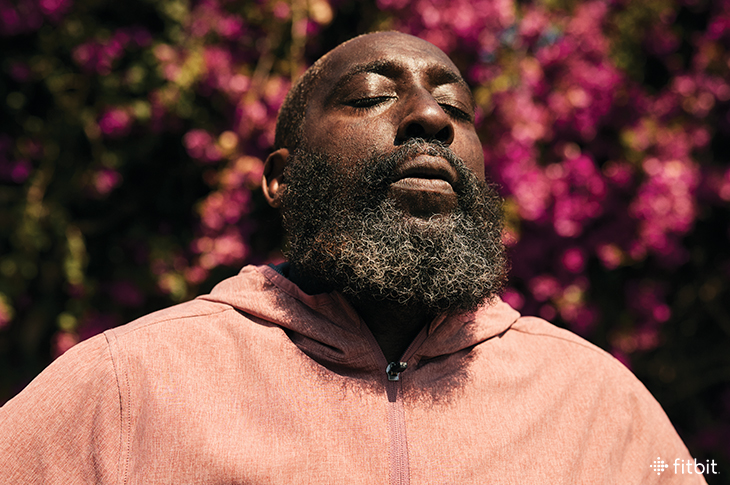Remember when your mom told you to go play outside? Turns out, she was onto something. Spending time outdoors can do great things for your body—and your mind. It’s so powerful that some doctors are even writing nature prescriptions for their patients. “I prescribe nature time to my patients because there’s a huge body of research supporting the idea that getting outside is one of the best things we can do for our health,” says Melissa Lem, MD, director of Park Prescriptions, an initiative of the BC Parks Foundation in West Vancouver, British Columbia.
Whether you live in a leafy, green suburb or a big city, here’s how the great outdoors can make you calmer, happier, and more focused.
Your brain on nature
“Decades of research have shown that interaction with nature and feeling connected to nature are associated with reductions in stress and depression, improvements in cognition and our ability to focus, and lower heart rate and blood pressure,” says Brandy-Joe Milliron, PhD, an associate professor of nutrition sciences at Drexel University.
How much outdoor time do you need? “Studies show that people who spend at least 2 hours per week in nature report significantly better health and wellbeing than those who don’t,” says Lem. “And the most efficient drop in cortisol, the primary stress hormone, happens between the 20- to 30- minute mark.”
Take it outside
Between mounting economic woes and a pandemic that just won’t quit, we need outdoor time now more than ever. It’s so effective that a new University of Colorado study found that people who spent time in green spaces during the first year of the COVID pandemic were significantly less likely to experience stress and depression than those who didn’t.
But even if you don’t feel anxious or blue, you can still benefit from nature’s mood-boosting powers. Research reveals that people who feel attuned to nature tend to be all around happier. And they also report a more profound sense of wellbeing and self-growth.
Bonding with Mother nature may even help you make healthier choices. In a recent study of 317 city-dwellers, Milliron and her team found that people who scored high on nature-connectedness tests ate more healthy foods, especially fruits and vegetables. While she isn’t sure exactly why nature lovers have better diets, she has some suspicions. “I think there’s something special about how spending time in nature ignites our curiosity,” she says. “And I wonder whether that curiosity carries over into the foods we choose to eat and the ways we nourish our bodies.”
5 easy ways to connect with nature
Whether you only have a few minutes or an entire afternoon, these activities can help you tap into nature’s healing powers.
Go fishing, surfing, or laze on the beach. Grass and trees are good. But areas with bodies of water, known as blue spaces, can also do good things for your psyche. In addition to less stress and a sunnier mood, spending time by the water has also been linked to better relationships, more self-confidence, and stronger resilience.
Chill out by a fountain. Can’t get to the beach? Try soaking in the soothing sounds of water. Simply listening to the sounds of nature for 15 minutes has been shown to ease muscle tension, slow pulse rate, and reduce stress.
Take a walk in the woods (or a tree-filled park). You’ll emerge more calm, clear-headed, and energized. Plus, you’ll get a health boost from breathing in immune-strengthening compounds released by trees and plants, called phytoncides, says Lem.
Plant a garden. Growing and caring for plants indoors or outdoors is a simple way to get up close and personal with nature, says Milliron. No green thumb necessary. “If you don’t have experience growing plants, there are wonderful resources online and in print that can help guide new plant enthusiasts,” she says.
Gaze out the window. Can’t get outside? Just looking at nature through a window or via picture can help. Images of the outdoors are so helpful that one study found that when students looked at photos of a verdant park after performing a set of math problems, their body’s fight or flight response diminished.
In the end, “you don’t have to be on the side of a mountain or in the middle of the back woods to find nature, you can find it in all kinds of places,” says Lem. “If you feel like you’ve had a meaningful nature experience, that’s when you’ll notice the health benefits.”
The post The Emotional Upside of Getting Outdoors appeared first on Fitbit Blog.

